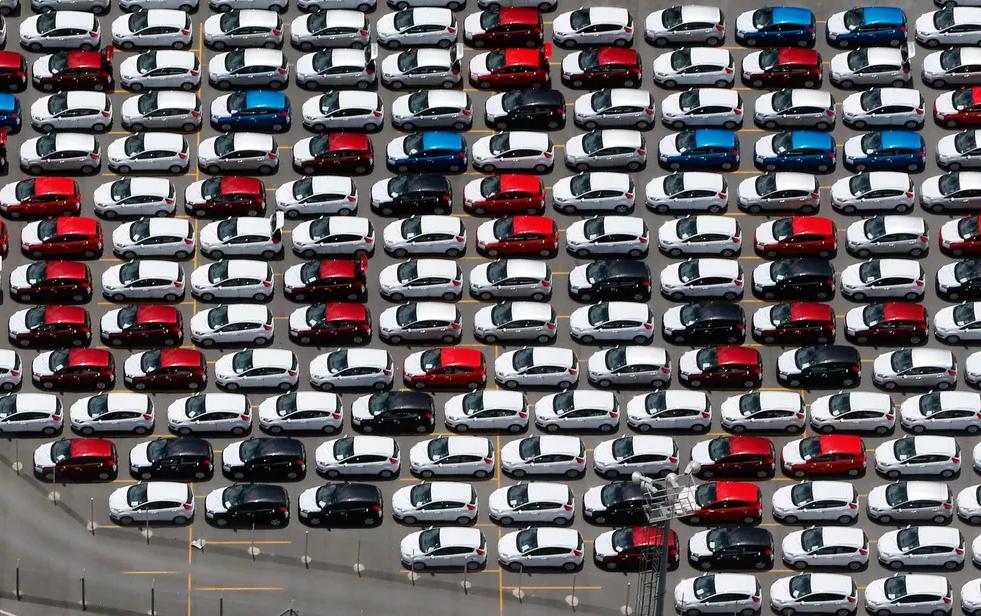
According to data released by the National Federation of Automotive Vehicle Distribution (Fenabrave) in Brazil, as of the first half of 2025, the number of newly registered motor vehicles in Brazil exceeded 1.1988 million, indicating sustained strong market demand.
This survey, as understood by Zhongjin, includes passenger cars, light commercial vehicles, trucks, and buses, excluding motorcycles and road machinery equipment. The data shows a slight increase in the number of newly registered motor vehicles this year compared to the same period last year, with a growth rate of 4.82% from 1.1 million vehicles. Compared to 2023 (about 998,300 vehicles), this represents a growth of 20.09%.
Marcelo Ciardi Franciulli, Executive Director of Fenabrave, stated that despite persistently high bank interest rates this year, the automotive market has shown a moderate growth trend, indicating that market demand remains robust, although the growth rate has slightly slowed down. However, Franciulli also pointed out that the current benchmark interest rate of 15% does indeed weaken consumer willingness to purchase vehicles and businesses' investment intentions.
The data shows that in the first half of this year, registrations for passenger cars exceeded 878,600, a year-on-year increase of 3.52%; registrations for light commercial vehicles were around 252,600, a year-on-year increase of 10.74%; and registrations for trucks and buses exceeded 67,500, a year-on-year increase of 1.16%.
The National Federation of Automotive Vehicle Distribution forecasts a 5% growth in the Brazilian automotive market for the full year of 2025, with total sales expected to reach 2.7659 million vehicles. The organization attributes the downward adjustment in growth expectations to a sluggish truck sales market and concerns about the domestic and international economic situation.
Franciulli explained that in 2023, Brazil implemented the "Proconve P8" standard aligned with the Euro 6 emission standards, increasing truck operating costs and causing many road transport companies to temporarily postpone their vehicle purchase plans.
The organization's macroeconomic advisor and economist, Tereza Fernandez, highlighted the significant impact of Trump's return to the White House on the Brazilian automotive market. "Although the tariff policies introduced by Trump have not yet been finalized, they have already caused turmoil in the international market, potentially further impacting global trade."
Fernandez also mentioned that the rise in domestic credit costs in Brazil is a primary factor restraining domestic demand for motor vehicles, driven by increases in bank interest rates and an imbalanced government fiscal situation. "Although Brazilian inflation has slowed down in the past two months, it still remains high. Interest rates are also high, and everyone in the credit industry is aware of this. However, Brazil's biggest issue remains the fiscal deficit."
